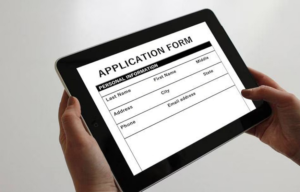Common Mistakes to Avoid with Your Savings Account

A savings account is one of the most essential tools for managing personal finances. It offers a safe place to store money, earn interest, and build financial discipline. However, to make the most of your savings account, it’s important to avoid a few common missteps. Here are some helpful tips to ensure your savings work smarter for you.
1. Not Maintaining the Minimum Balance
Many savings accounts require a minimum average balance to avoid charges. Failing to maintain this balance can lead to unnecessary fees. Always stay informed about your account’s requirements and set reminders if needed.
2. Using It Like a Current Account
Savings accounts are designed for saving, not frequent transactions. Excessive withdrawals or transfers can reduce your interest earnings and may even attract penalties. Consider using a current account for regular transactions and keep your savings account focused on building reserves.
3. Ignoring Interest Rates and Benefits
Not all savings accounts are the same. Some offer higher interest rates on savings account, cashback, or other benefits. Periodically reviewing your account features ensures you’re getting the most value. If your needs change, your bank may have other account types better suited to your goals.
4. Not Setting Up Automatic Transfers
One of the easiest ways to grow your savings is by automating deposits. Setting up a standing instruction from your salary or primary account ensures consistent saving without the need for manual effort.
5. Overlooking Digital Tools and Alerts
Modern savings accounts come with powerful digital tools—mobile apps, SMS alerts, and budgeting features. Not using these can mean missed opportunities to track spending, monitor balances, or spot unusual activity early.
6. Keeping All Funds Idle
While it’s great to have a financial cushion, keeping large sums idle in a regular savings account may not be the most efficient strategy. Consider linking your savings to a fixed deposit or sweep-in facility to earn better returns while maintaining liquidity.
7. Forgetting to Update Personal Information
Outdated contact details can lead to missed notifications or important updates. Always ensure your mobile number, email, and address are current to stay connected with your bank.
Final Thoughts
A savings account is more than just a place to park your money—it’s a stepping stone toward financial security. By avoiding these common mistakes and staying proactive, you can make your savings account a powerful ally in your financial journey.






